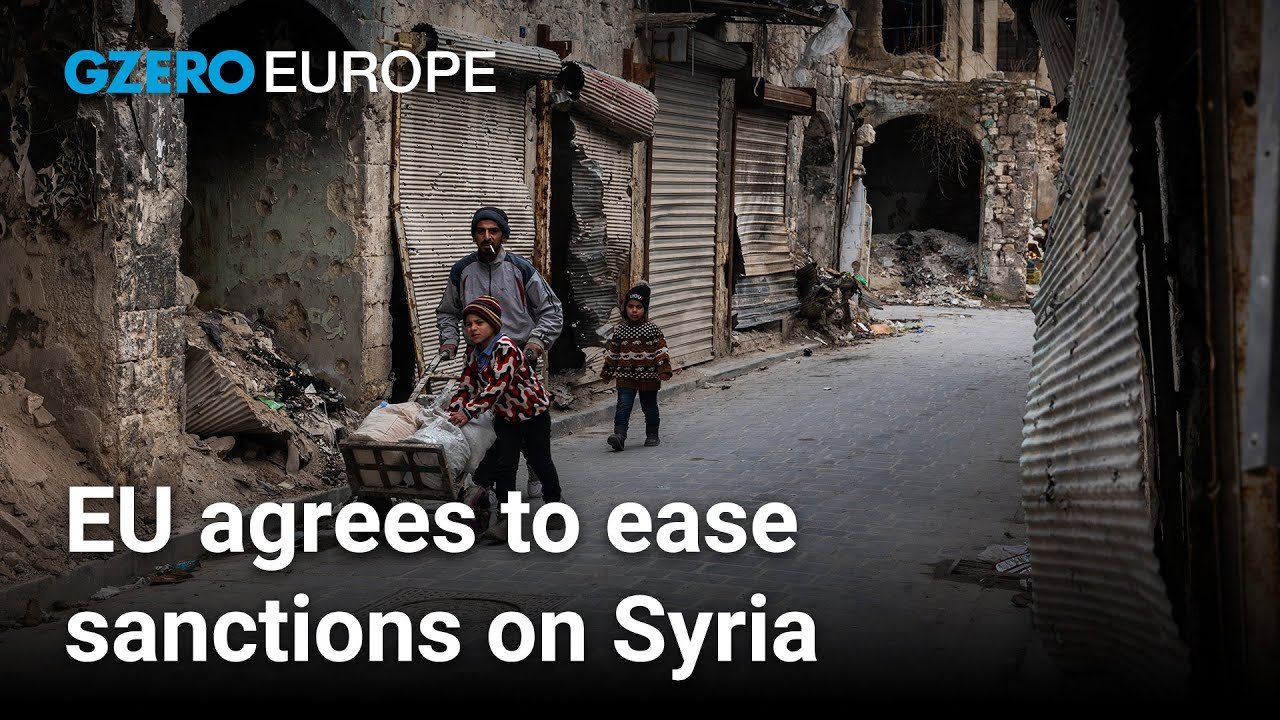January 29, 2025
Carl Bildt, former prime minister of Sweden and co-chair of the European Council on Foreign Relations, shares his perspective on European politics from Abu Dhabi, UAE.
Is the European Union opening up to cooperation with the new government or regime in Damascus?
Yes, they are gradually. The foreign minister of the European Union took the decision early this week to start to ease sanctions on Syria that have been in place for years. And that is very important in order to start to get the economy going in the country. And that, of course, is very important in terms to start addressing all of the humanitarian needs. And also, eventually getting the economy going so that at some point in time perhaps people can start to move back to the country that they were forced to flee from during the years of civil war and repression.
Why was the prime minister of Serbia sacked?
That was part of a bigger move, defensive move, you can say by the president, by President Vučić. He has been under intense pressure due the last few months. There was an accident in Novi Sad, the second-biggest city that was blamed on the roof fell in, and that was blamed on bad construction and corruption. That has crystallized massive opposition to his regime, which has been there for a long time and is seen as increasingly authoritarian. So, pressure has been building up and he was now forced to concede sacking the prime minister and announcing new elections in April. So new elections in April in Serbia. There will be elections in Kosovo before that. There will be elections also in Albania. So, a lot of things are in flux in the Southern Balkans.
More For You
As expected, the Supreme Court struck down the bulk of Donald Trump's sweeping “Liberation Day” tariffs as illegal … and almost nothing changed.
Most Popular
What's Good Wednesdays
What’s Good Wednesdays™, February 25, 2026
Sponsored posts
Small businesses at a crossroads
Chris, an Army veteran, started his Walmart journey over 25 years ago as an hourly associate. Today, he manages a Distribution Center and serves as a mentor, helping others navigate their own paths to success. At Walmart, associates have the opportunity to take advantage of the pathways, perks, and pay that come with the job — with or without a college degree. In fact, more than 75% of Walmart management started as hourly associates. Learn more about how over 130,000 associates were promoted into roles of greater responsibility and higher pay in FY25.
Ukraine's President Volodymyr Zelenskiy, Finland's President Alexander Stubb, Estonia’s Prime Minister, President of the European Commission Ursula von der Leyen and other European leaders visit memorial to fallen Ukrainian defenders at the Independent Square on the fourth anniversary of Russia's full-scale invasion, in Kyiv, Ukraine February 24, 2026.
Ukrainian Presidential Press Service/Handout via REUTERS
Somewhere in the Donbas region, Ukrainian soldier Artem Bondarenko says he hasn’t slept through the night in months as he defends Eastern Ukraine.
- YouTube
In the latest episode of Vladimir Putin and Xi Jinping's hit wellness podcast This Authoritarian Life, we learn how positive communication patterns can break negative cycles in our relationships -- especially our relationships with Iran, Syria, Venezuela, and Cuba. #PUPPETREGIME
© 2025 GZERO Media. All Rights Reserved | A Eurasia Group media company.
